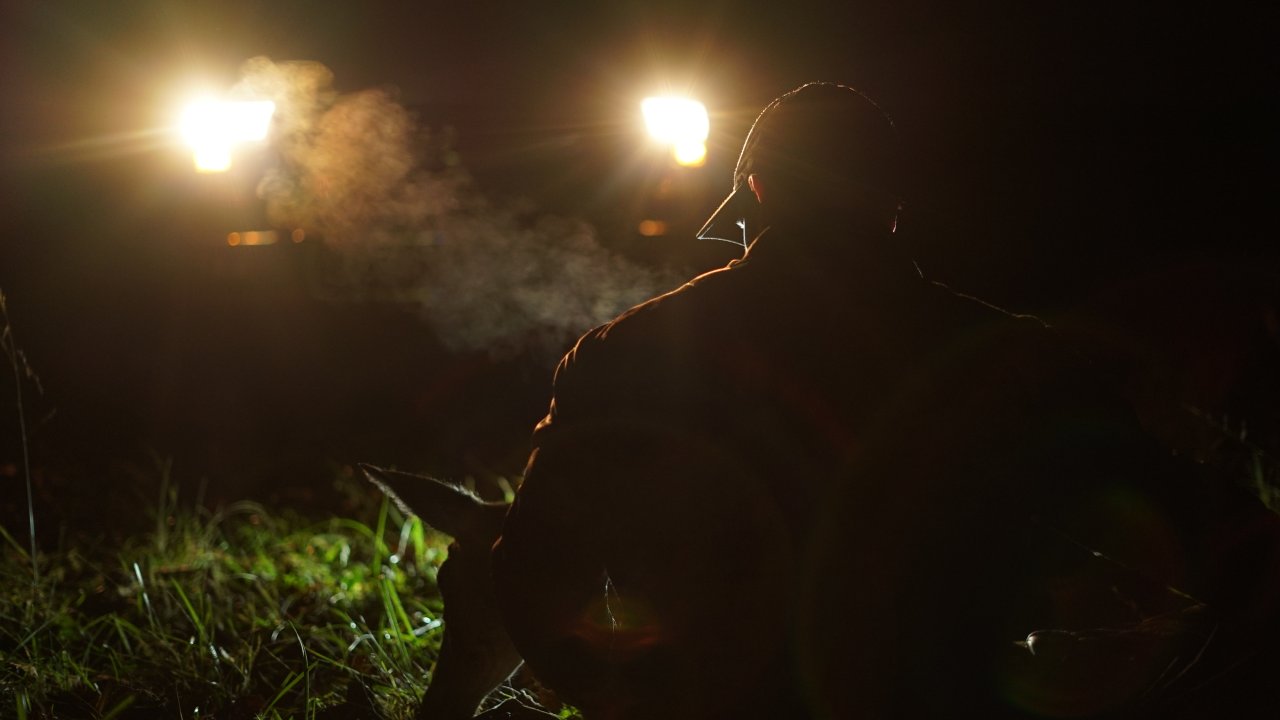Night hunting has become an exhilarating activity for outdoor enthusiasts due to its unique challenges and rewards. It demands preparation, discipline, and the right tools to ensure success. Whether you’re chasing predators or varmints, starting off with proper gear and knowledge is important. Here’s a beginner’s guide to night hunting and a look at what to pack.
Choosing the Right Gear
The foundation of effective night hunting lies in gear selection. Rifles tailored to your specific prey should be your first consideration. For predators like coyotes, you’ll want a firearm with appropriate range and power, ensuring you can take precise shots even in limited light. Equally important is bringing sufficient ammunition. Pack more than you think you’ll need because nothing derails a hunt faster than running out of rounds during an active session.
An essential addition to any night hunter’s arsenal involves optics. A night vision or thermal scope dramatically elevates your ability to spot targets in darkness. Thermal scopes detect heat signatures, making them particularly useful for identifying animals hidden in thick brush or tall grass. Paired with hunting lights that illuminate your target effectively without startling wildlife, you’ll have the tools to keep the odds in your favor.
You may also want to explore building the best predator hunting high rack to take your night hunting experience to the next level. This helps spot prey more efficiently from an elevated perspective while doubling as a stable shooting platform.
Ensuring Comfort with Clothing and Essentials
Night hunting often means spending hours outdoors, so selecting proper clothing and personal items is crucial. Make sure you dress appropriately for the weather conditions. Layers work best, as they allow you to adjust based on changing temperatures. Outerwear that is windproof and waterproof ensures you stay comfortable in unexpected weather shifts.
Your footwear can make or break your experience in the field. Choose durable, waterproof boots with excellent grip to support traversing uneven terrain. Foot fatigue becomes an issue during night-long hunts, so comfort plays a pivotal role here.
Additionally, carrying navigation tools is nonnegotiable. A GPS unit or a simple compass with a backup map ensures you stay on the right track, especially if your hunt takes you to remote or unfamiliar areas. Any seasoned hunter will emphasize the importance of packing a first aid kit. From minor scratches to emergencies, having basic medical supplies within reach will save you from tricky situations.
Prioritizing Safety
Safety must come first when stepping into the dark with hunting equipment. Always follow fundamental gun safety rules. Keeping your firearm pointed in a safe direction and ensuring it’s unloaded when not in use are nonnegotiable habits to form early.
Being aware of your surroundings is equally critical. Familiarize yourself with the terrain before nightfall and watch for potential hazards like steep drops or dense vegetation. Always have a communication plan in place. Inform someone you trust about your location and expected return time. Devices like two-way radios or personal locator beacons keep you connected even in isolated areas.
Night hunting offers a unique mix of adrenaline and skill, but success lies in meticulous preparation. By equipping yourself with the right gear, packing thoughtfully for comfort, and upholding safety measures, you’ll create a strong foundation as a beginner. Refer to our beginner’s guide for night hunting when you need support on what to do and what to pack. Good luck!

